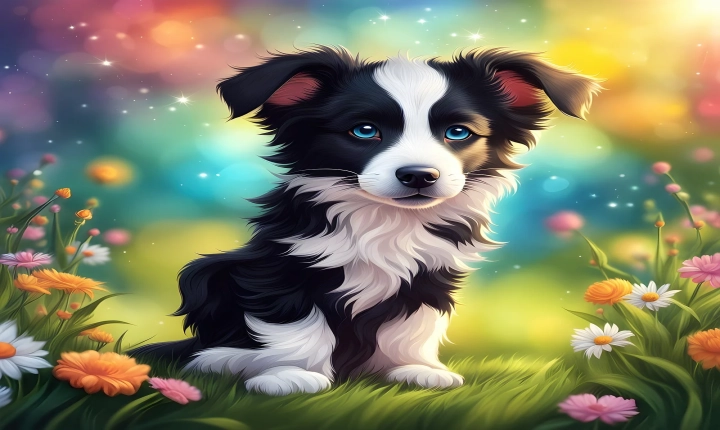Is It Okay to Use ChatGPT to Write a Book?
In the digital age, technology has become an integral part of our lives, shifting the way we live, work, and interact with the world around us. One of the most significant advancements in recent years has been the development of artificial intelligence (AI) language models such as ChatGPT, which have the ability to generate human-like text based on the input it receives. With this innovative technology at our fingertips, some may wonder, is it okay to use ChatGPT to write a book?
The question raises several ethical and practical considerations. On one hand, using ChatGPT to write a book can be seen as a shortcut, bypassing the traditional process of human creativity and effort that goes into crafting a piece of literature. Critics argue that it devalues the art of writing and diminishes the authenticity of the work. Additionally, there are concerns about copyright and intellectual property rights, as using AI to produce a book may raise questions about ownership and originality.
On the other hand, proponents of using ChatGPT to write a book argue that it can be a valuable tool for writers, providing inspiration, creative prompts, and new perspectives. AI language models can help overcome writer’s block, generate ideas, and even assist in the editing and revision process. They also emphasize that using ChatGPT does not eliminate the need for human input and oversight, as the AI still requires human guidance and curation to produce high-quality content.
One of the key considerations when using ChatGPT to write a book is transparency. Readers and publishers should be informed if AI technology was used in the creation of the book, and appropriate credit should be given to the human authors who guided and curated the AI-generated content. Openness about the process can help mitigate concerns about authenticity and uphold ethical publishing standards.
Furthermore, using ChatGPT to write a book can be a way to experiment with form and style, pushing the boundaries of traditional literary practices. It can open up new possibilities for collaborative storytelling and creative expression, bringing diverse voices and perspectives to the forefront.
Ultimately, the question of whether it is okay to use ChatGPT to write a book is complex and multifaceted. While there are legitimate concerns about the implications of AI-generated content in literature, there are also potential benefits and opportunities that come with embracing this technology. As the use of AI in creative endeavors continues to evolve, it is essential to engage in thoughtful discourse and ethical considerations to navigate this new frontier of writing and publishing.
